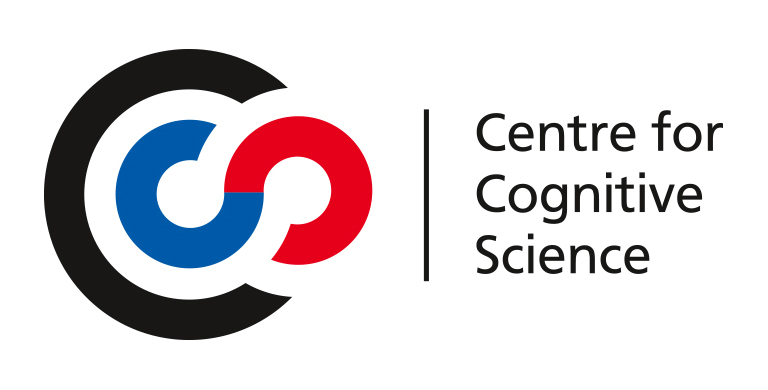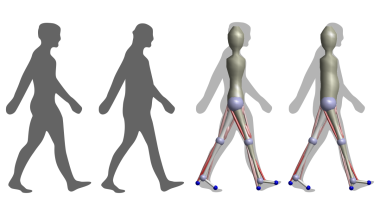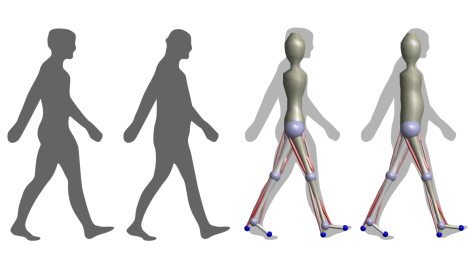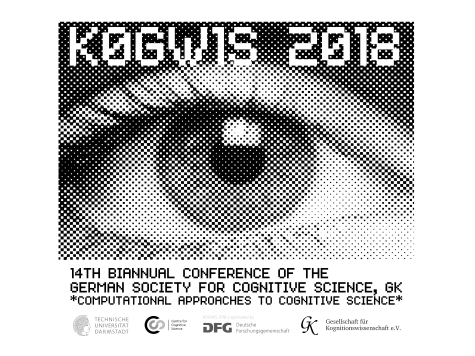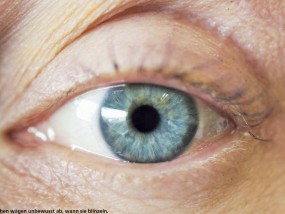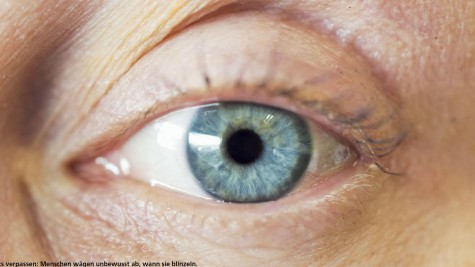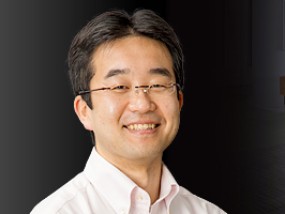-
![]() Picture: Seungmoon Song
Picture: Seungmoon Song![]() Picture: Seungmoon Song
Picture: Seungmoon SongModeling human locomotion control and its applications
2018/07/06
Seungmoon Song, Standford University Friday 13 July 2018 at 10am TU Darmstadt, S1|15 Alexanderstrasse 10, Room 29
-
![]()
![]()
Registration is open – Join KogWis 2018 !
2018/05/18
The registration is open until 19 August 2018. Early Bird special rate applies until July 2nd.
-
![hoch3, Mai 2018, Seite 19]()
![hoch3, Mai 2018, Seite 19]()
Humans learn to blink strategically
2018/05/15
Eye blinks serve the purpose of maintaining healthy vision but during a blink visual information processing is interrupted. While a multitude of medical, cognitive, and psychological factors have been shown to influence blinking, the present study establishes quantitatively how human blinking behavior is dynamically adapted to environmental task demands.
-
![]()
![]()
“Machine Learning from Weak Supervision”
2018/04/06
Masashi Sugiyama (RIKEN / University of Tokyo, Japan) is visiting TU Darmstadt
Masashi Sugiyama, Director of the RIKEN Center for Advanced Intelligence Project (AIP) started official cooperatiion with TU Darmstadt / Centre for Cognitve Science in 2017. On April 6th he will give a lecture on “Machine Learning from Weak Supervision – Towards Accurate Classification with Low Labeling Costs”
-
![]()
![]()
Q&A – Studying Cognitive Science @ TU Darmstadt
2018/01/02
The TU Darmstadt will offer both a Bachelor's and a Master's degree in Cognitive Science. Although we aim to complete these programs within 2018 to welcome first students of Cognitive Science in 2019, a first set of Q&A can already be provided. Visit: Studying Cognitive Science in Darmstadt – Q&A (in German)
-
![]()
![]()
Welcome Frank Jäkel
2017/10/01
October 2017. Prof. Dr. Frank Jäkel joined the Centre for Cognitive Science. He is a professor for „Models of Higher Cognition“ …
Centre for Cognitive Science
News-Archive
Archive
